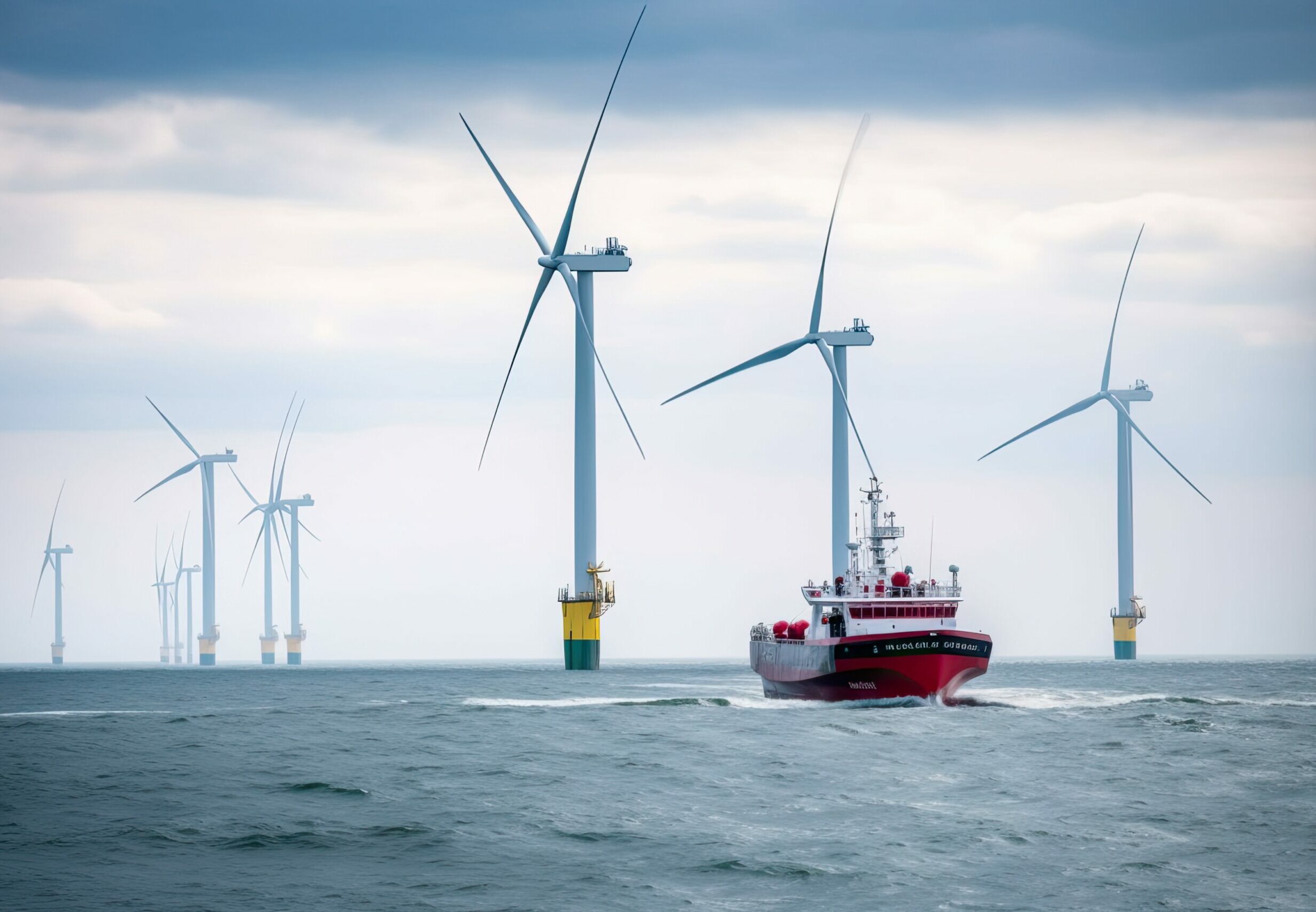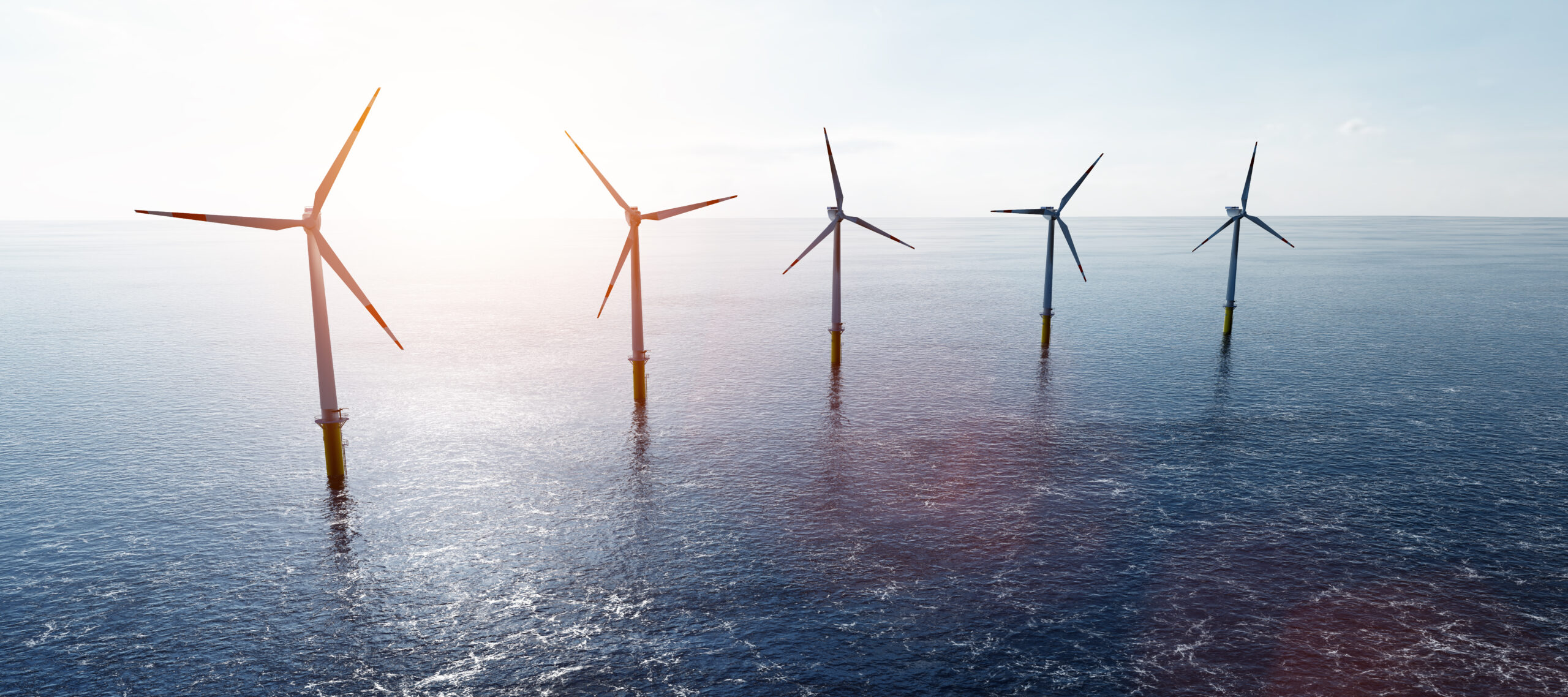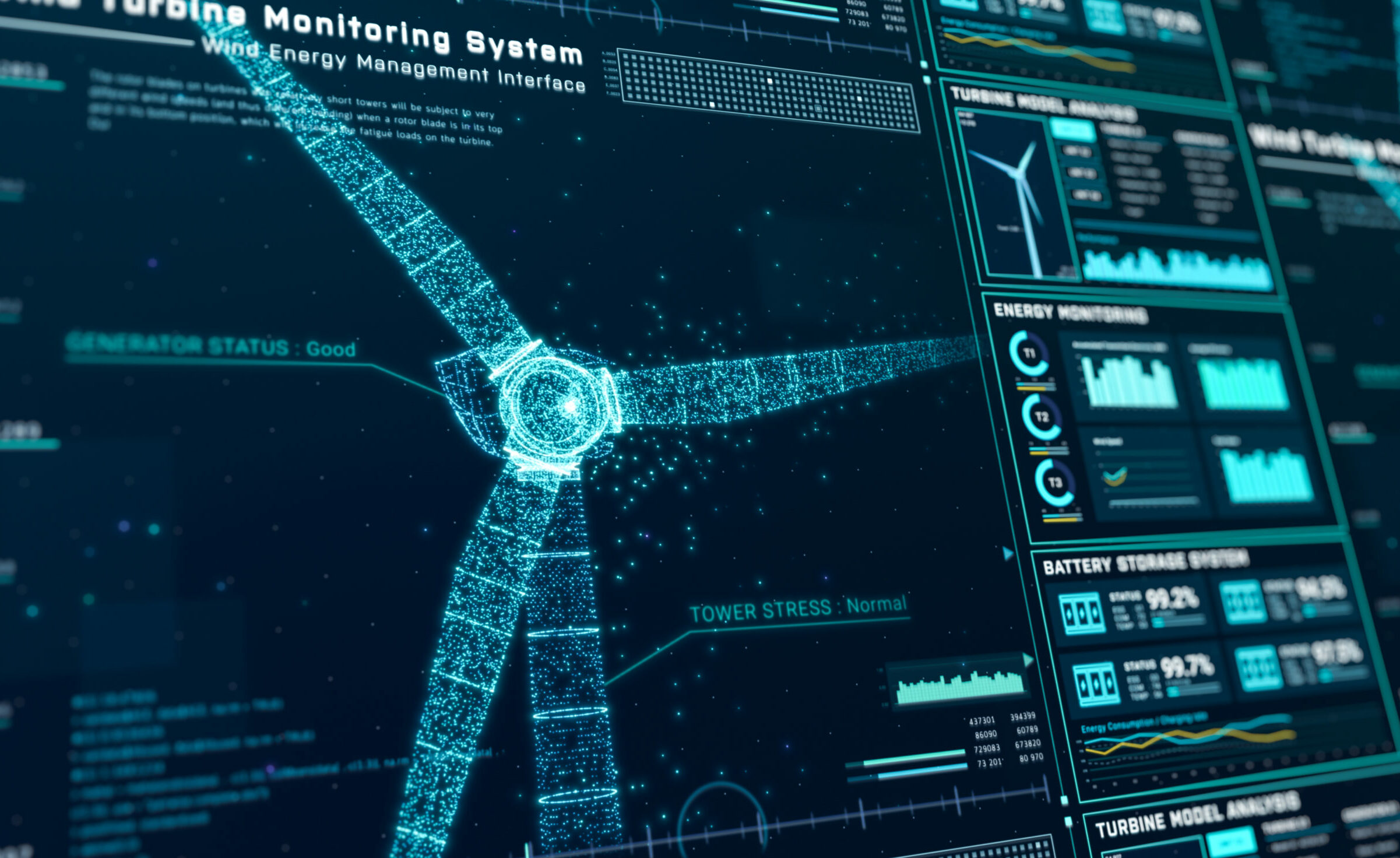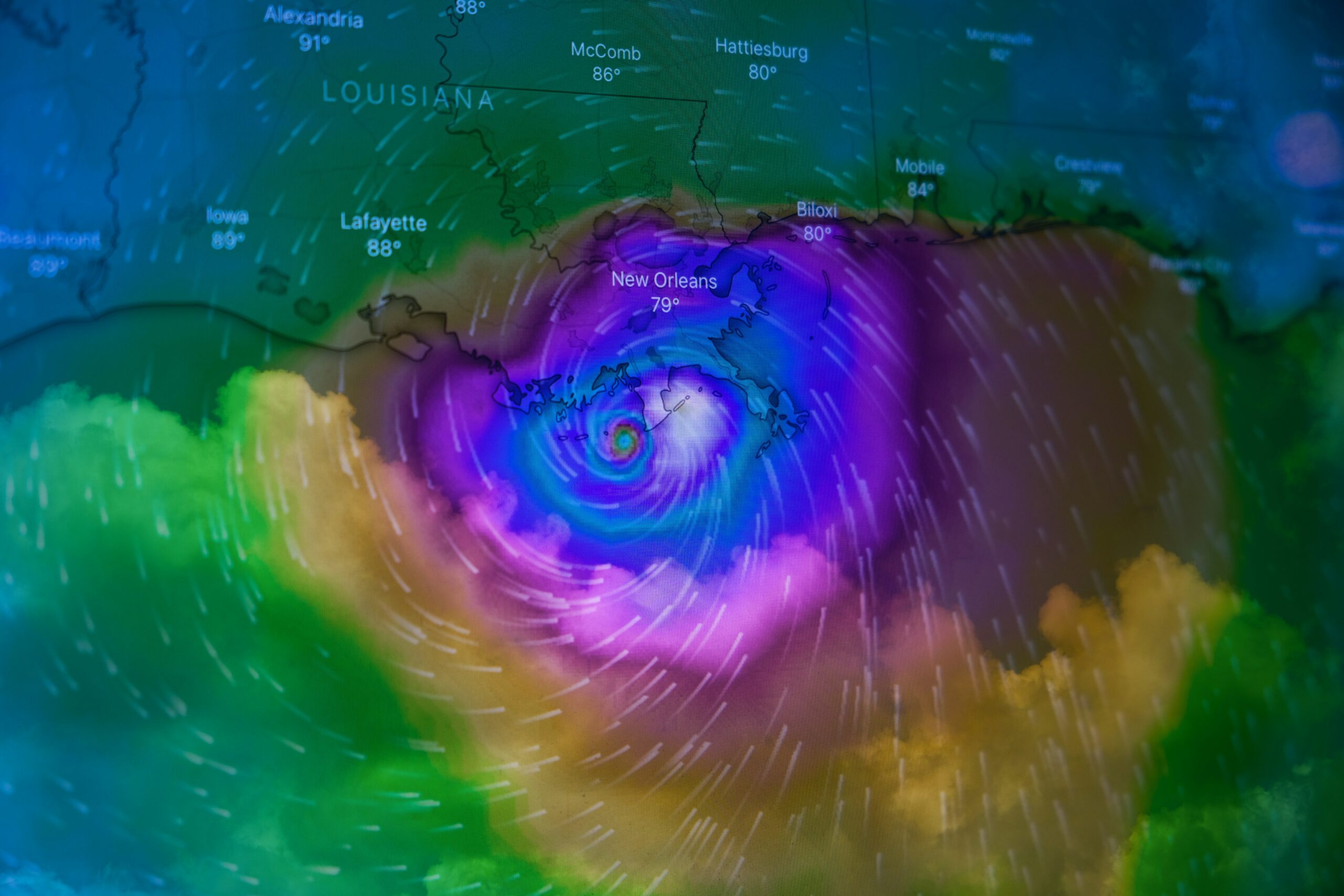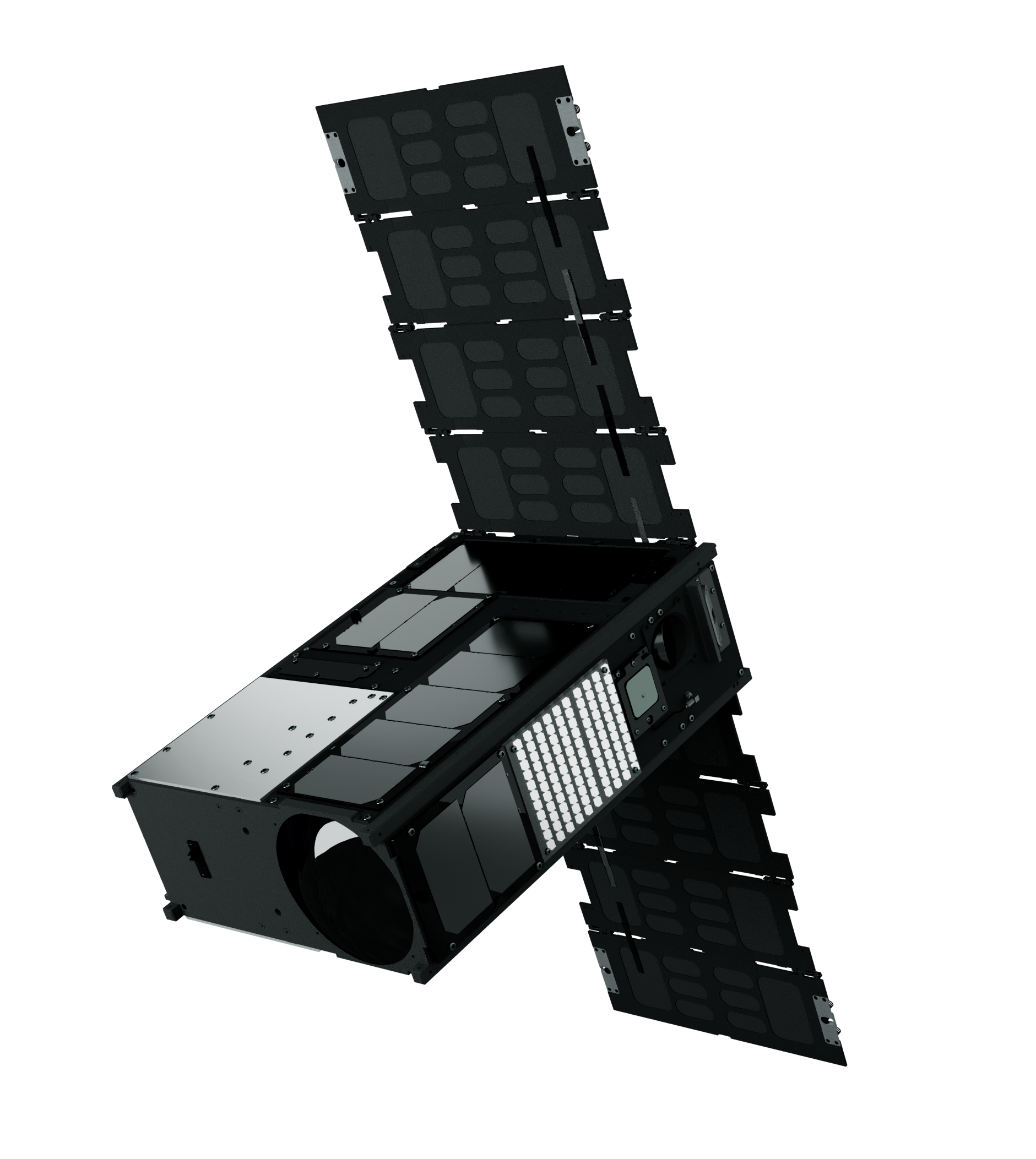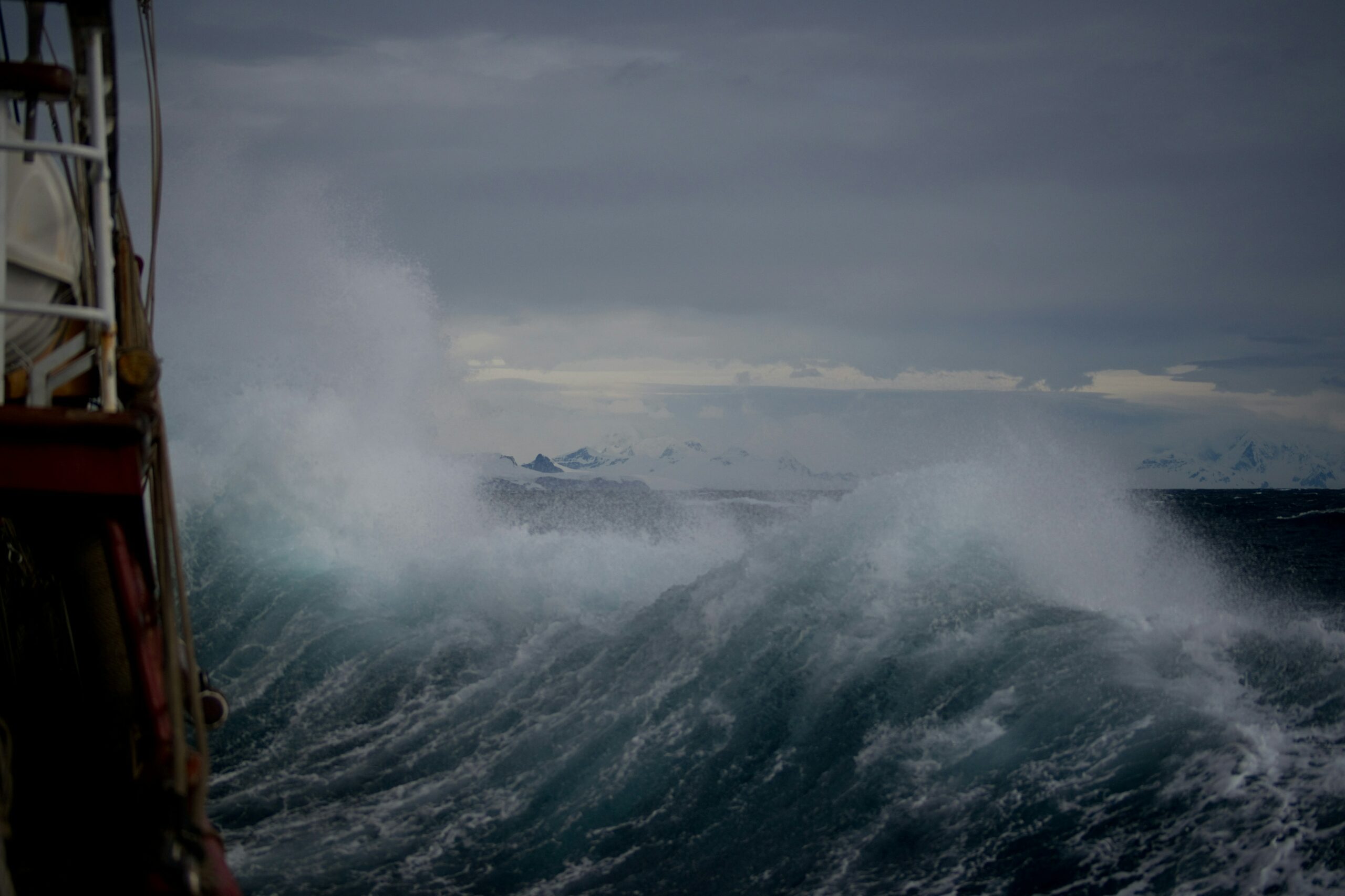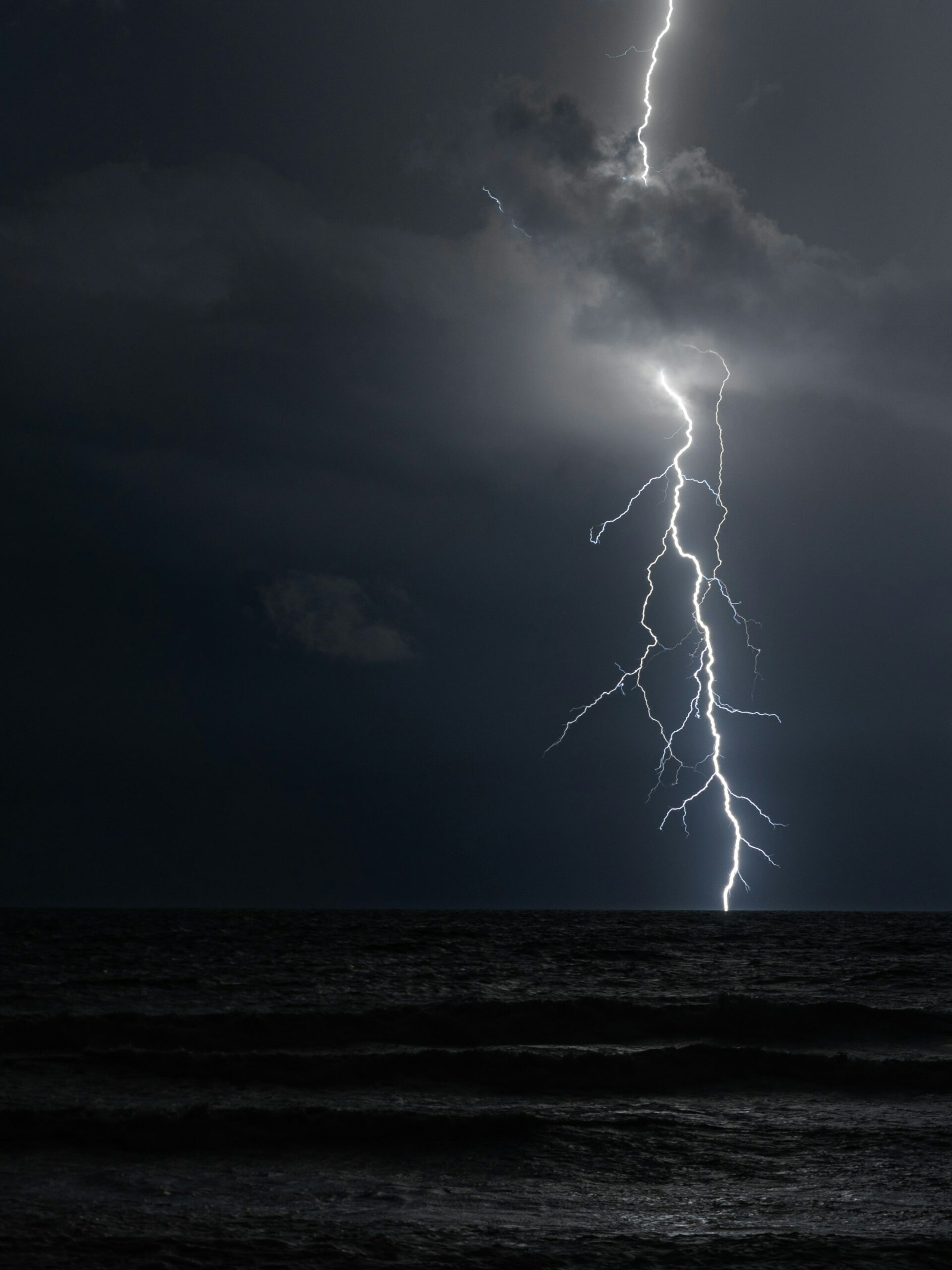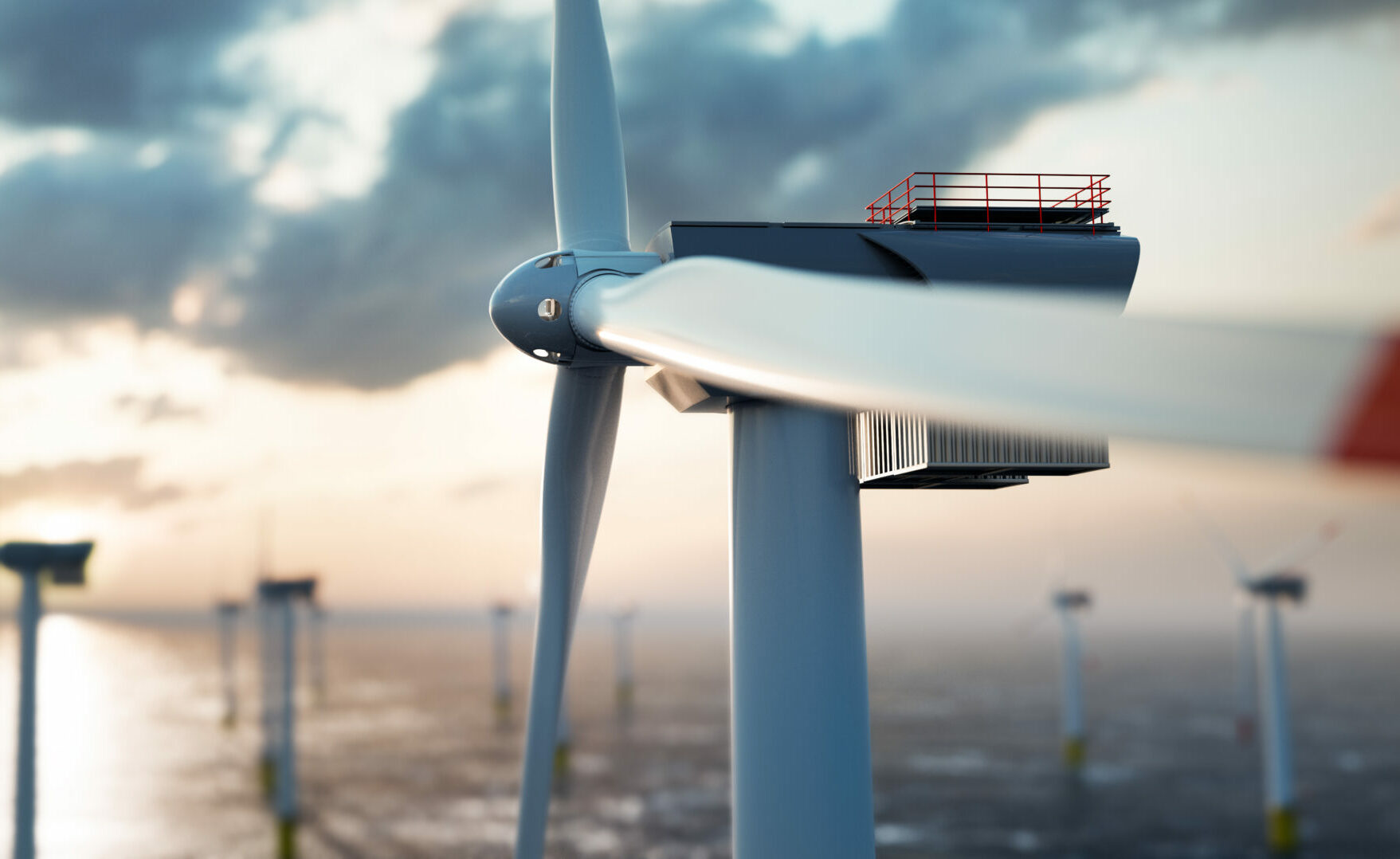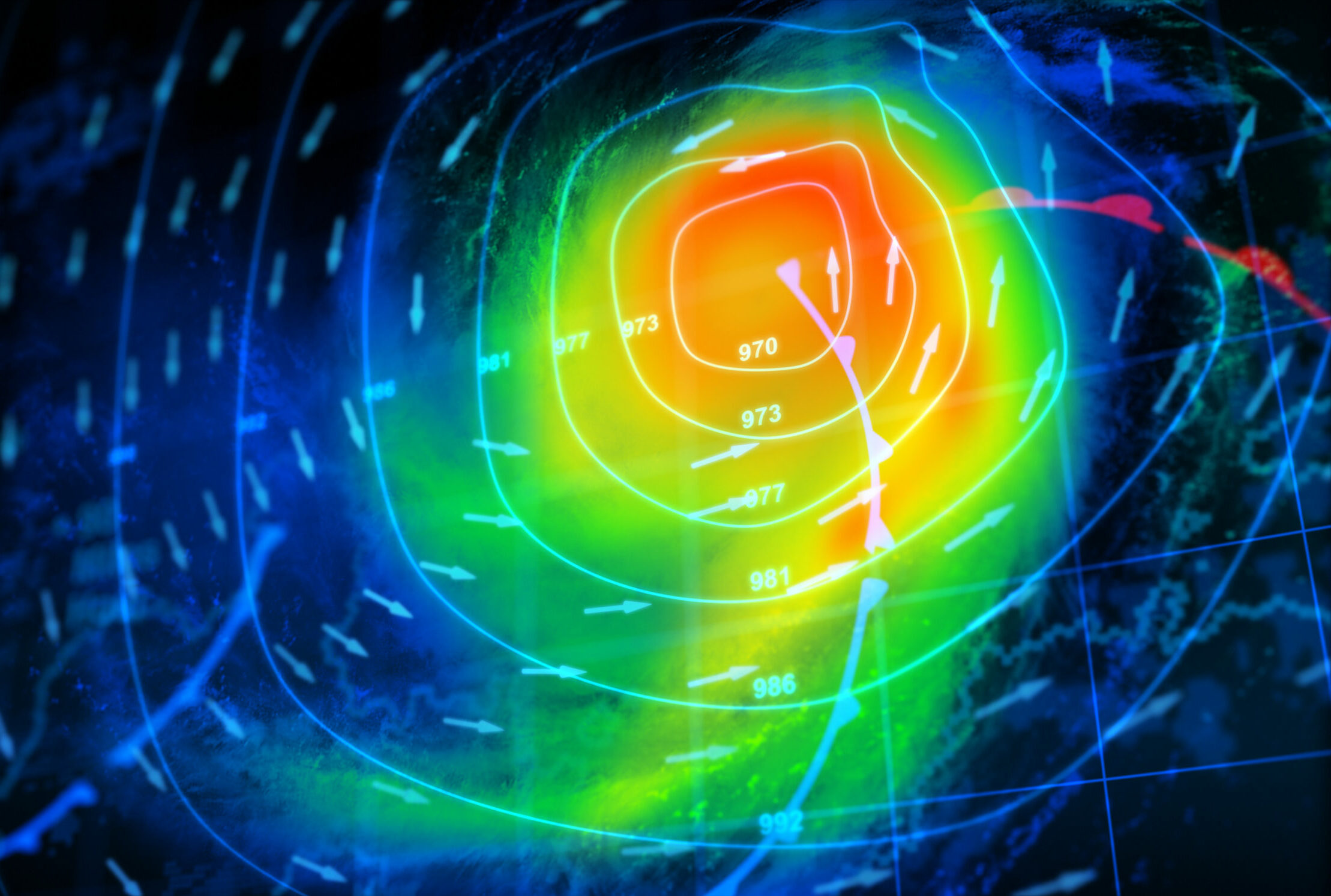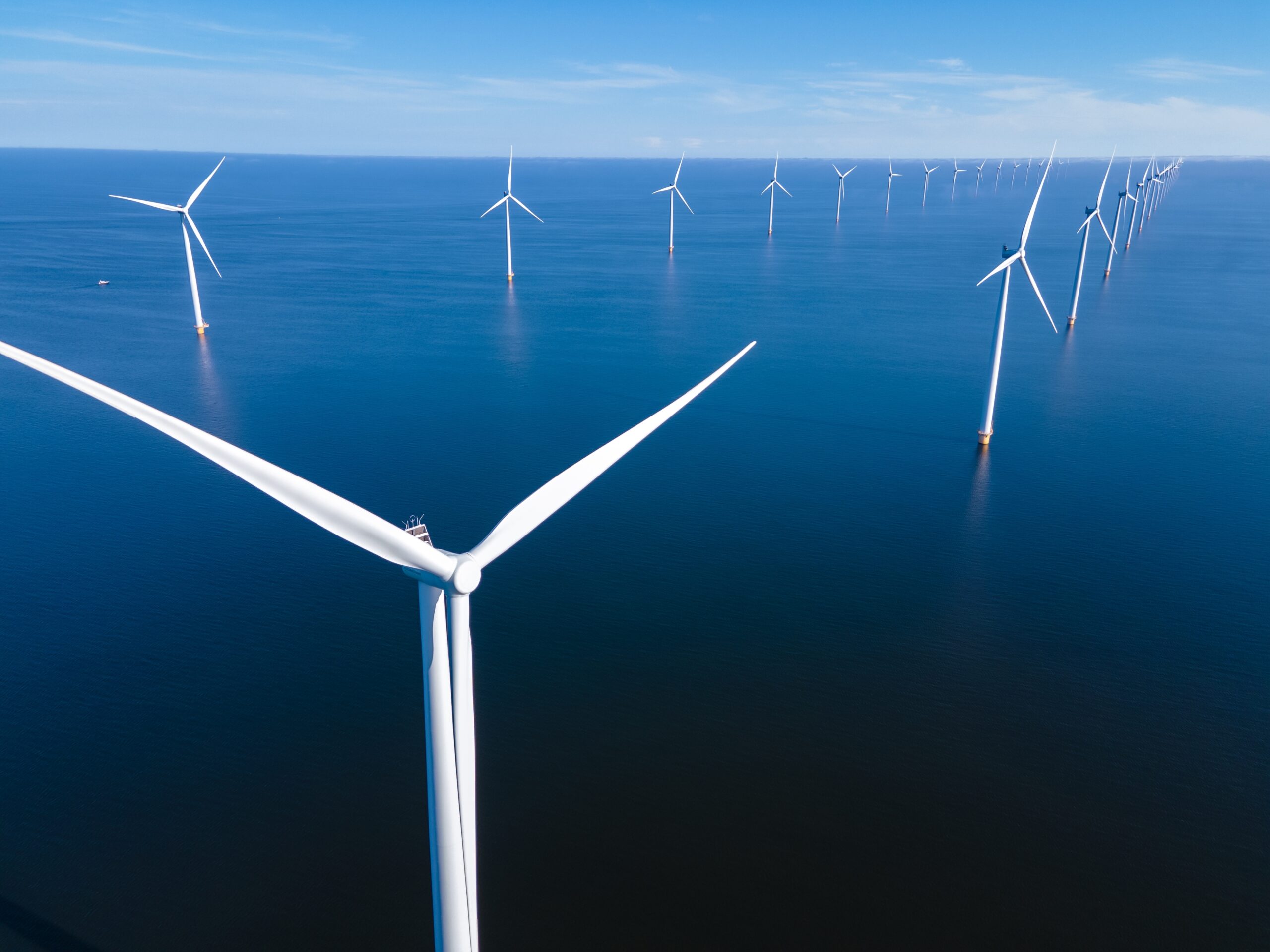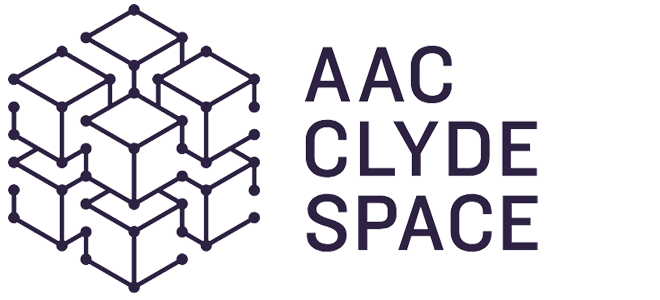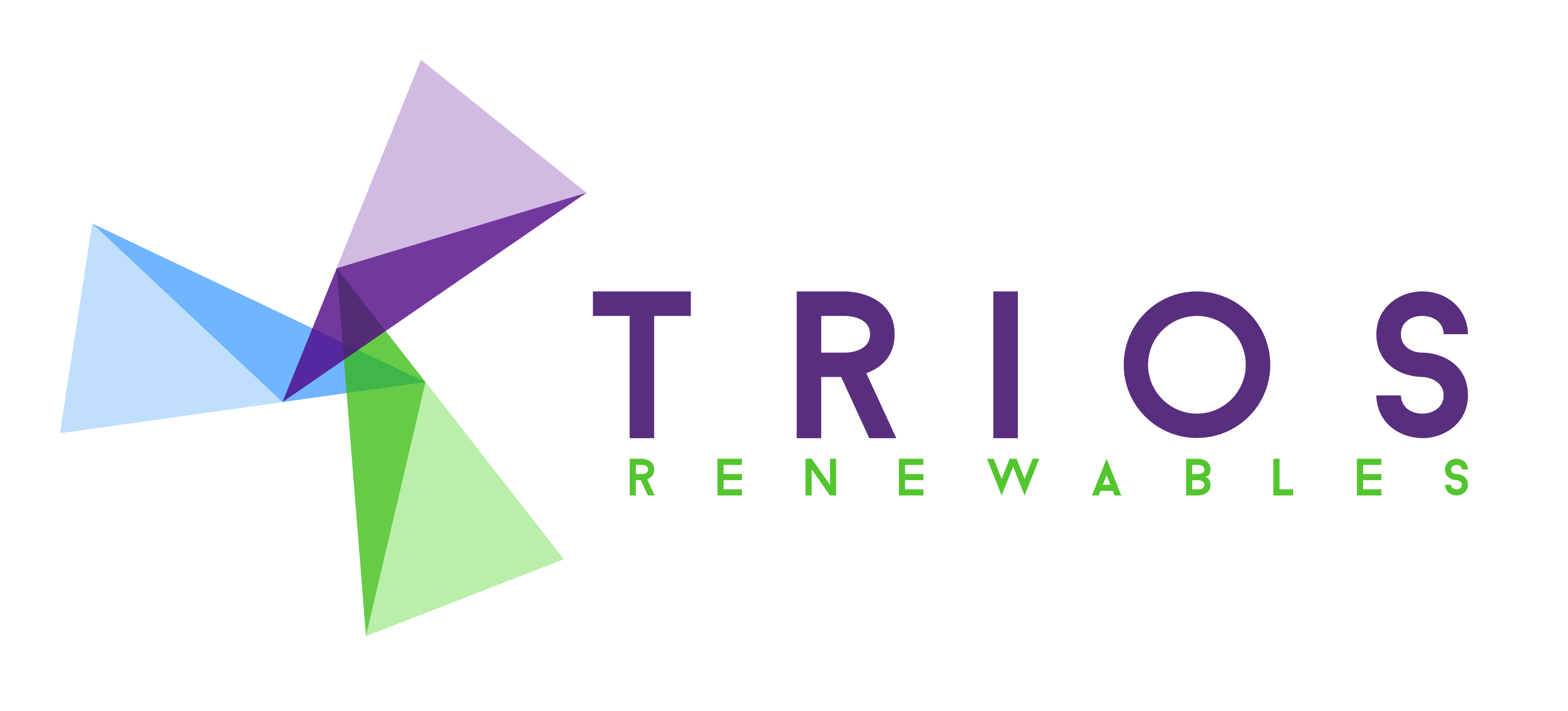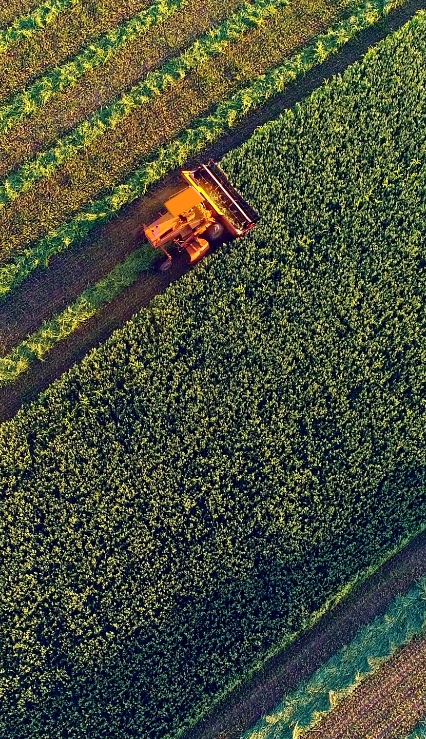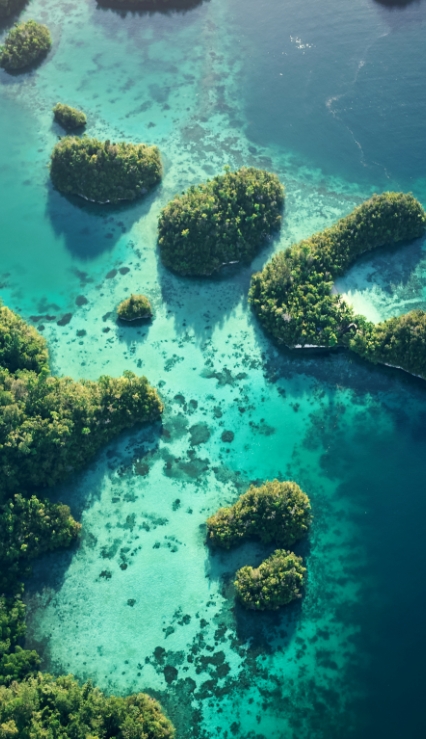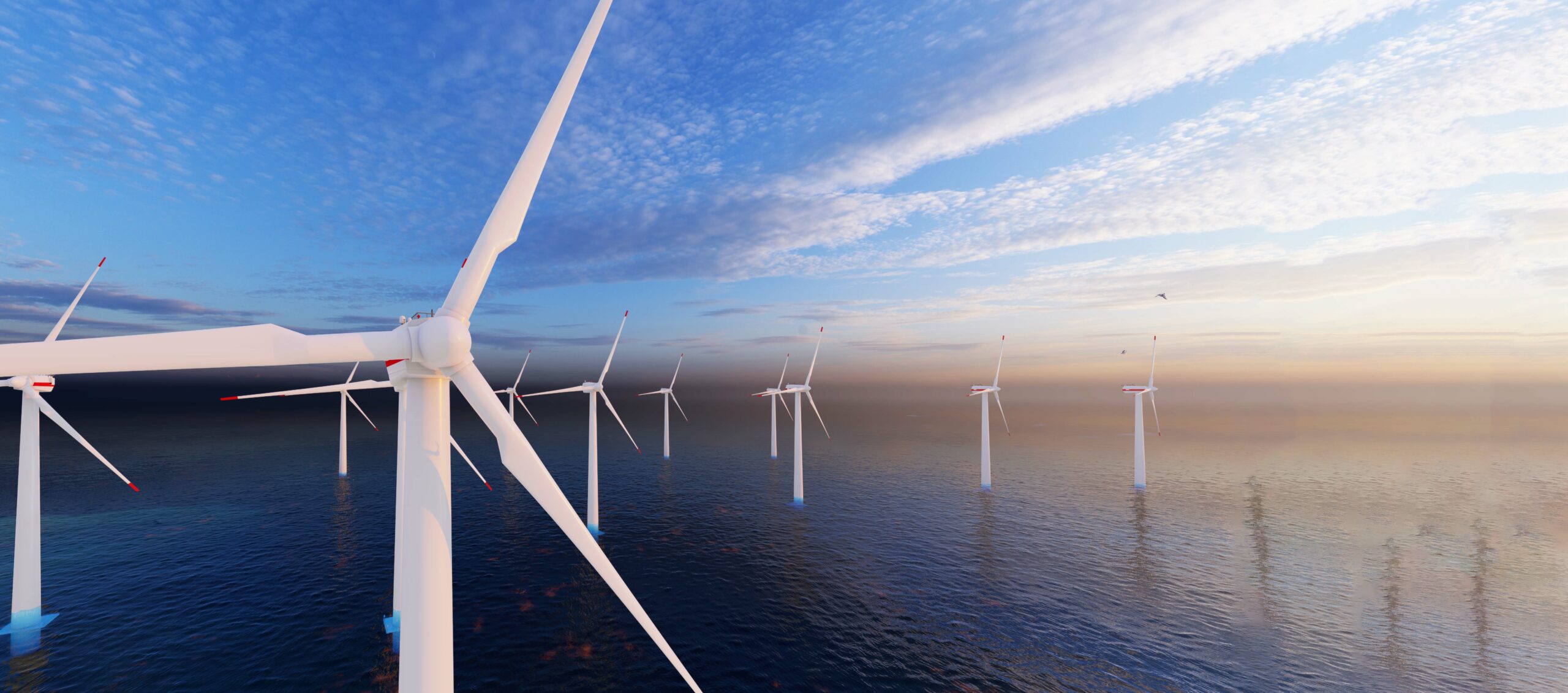
OSCAR
- SPACE DATA AS A SERVICE
OSCAR Consortium
AAC Clyde Space
AAC Clyde Space will lead the project and will bring the commercial service to market. AAC Clyde Space operates and owns a growing constellation of satellites collecting global AIS data, maintains the world’s longest continuous global satellite-based AIS data library, and offers advanced AIS data analytics capabilities to customers. By adding advanced analytical tools for offshore wind farms the Group will be able to offer services tailored to end users in offshore wind farming.
ORE Catapult
The Offshore Renewable Energy Catapult are the UK’s leading Technology Innovation and Research Centre for Offshore Renewable Energy. OREC will provide an overall understanding of the end user requirements and market intelligence for OSCAR.
Trios Renewables
TRIOS Renewables have considerable experience in the development of operational tools for offshore wind and will provide support to development of operational decision making tools, as well as insight to end user needs.
University of Strathclyde
The University of Strathclyde (Institute for Sensors, Signals and Communications) have expertise in marine remote sensing and will provide expertise in data processing for OSCAR.
Other Case studies
Sign up to our newsletters for the latest news, projects and more delivered straight to your inbox
"*" indicates required fields
